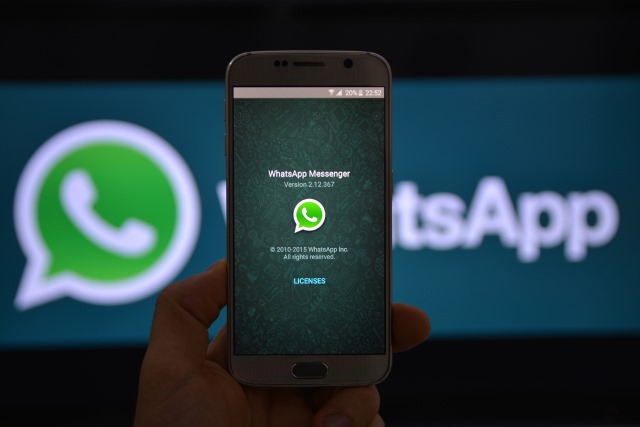Encrypted messaging service WhatsApp criticized as 'a secret place to hide' for terrorists

WhatsApp has been criticized for failing to help police following the revelation that Khalid Masood used the encrypted messaging service shortly before running down numerous people and stabbing a policeman to death in London last week.
The UK home secretary Amber Rudd spoke out over the weekend, saying that police and other agencies should be granted access to encrypted messages with a view to countering future terrorist attacks. Later this week, Rudd is due to meet with technology leaders to talk about how the government should be able to access messages protected by end-to-end encryption -- something already dropped from the controversial snooper's charter.
While indicating that she would prefer technology companies -- including social media companies and websites -- to comply with her requests voluntarily, Rudd said she would not rule out introducing legislation to force them to cooperate. Despite the suggestion made by the home secretary, a spokesperson for WhatsApp said the company is cooperating fully with the investigation into the Westminster attack.
Speaking on the Andrew Marr Show on Sunday, Rudd said:
It is completely unacceptable. There should be no place for terrorists to hide. We need to make sure that organizations like WhatsApp, and there are plenty of others like that, don't provide a secret place for terrorists to communicate with each other [...] in this situation, we need to make sure that our intelligence services have the ability to get into situations like encrypted WhatsApp.
At the moment, all that is known is that Masood's phone was connected to WhatsApp moments before he committed the attack. The use of end-to-end encryption means that it is not possible to tell what, if anything, he communicated via the messaging service.
Rudd's suggestion that access should be granted to encrypted messages is something that will strike a nerve among privacy advocates. Apple's Tim Cook is among those to have previously spoken out against building backdoors into encrypted services which could then be used and abused by governments. The home secretary has a message for him: "I would ask Tim Cook to think again about other ways of helping us work out how we can get into the situations like WhatsApp on the Apple phone."
Opponents of backdoors into services or other ways of bypassing encryption and other security methods say that it would mean reducing security and privacy for everyone. Supporters argue that the security feature can be misused to hide crime.
Jim Killock from digital rights organization Open Rights Group warns:
Compelling companies to put backdoors into encrypted services would make millions of ordinary people less secure online. We all rely on encryption to protect our ability to communicate, shop and bank safely.
Image credit: endermasali / Shutterstock